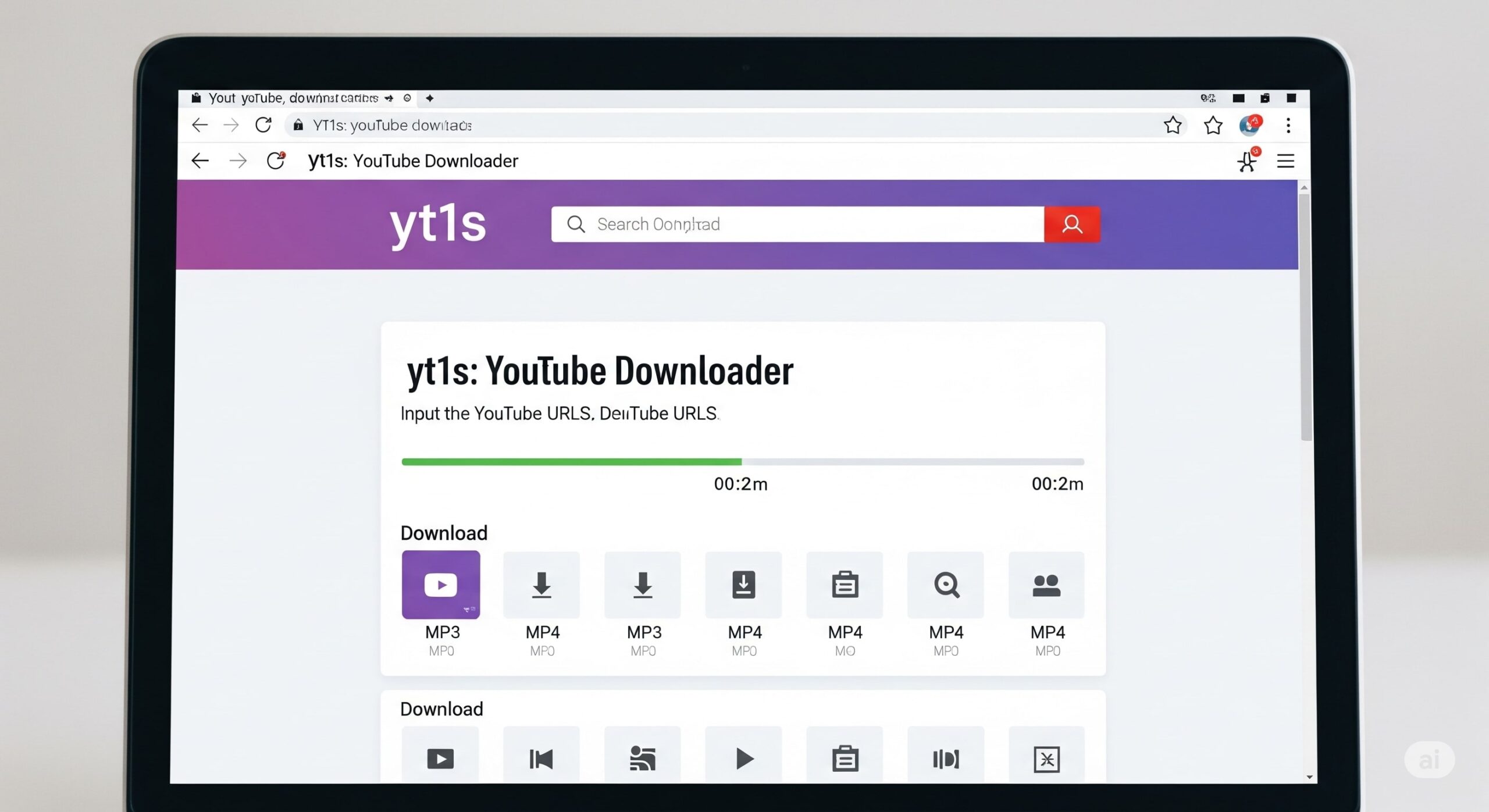We live in a world where information is everywhere, and yet original thinking feels harder to find. Everyone has access to the same tools, tutorials, and templates, so why do some marketers consistently stay ahead of the curve?
The real breakthroughs aren’t sitting in public playlists or free downloads. They happen behind closed doors, in curated spaces where sharp minds collide and challenge each other. That’s where IMA comes in.
Why Surface-Level Content Isn’t Enough Anymore
We’ve all seen the same five growth hacks repeated across blogs and videos. Most content out there is either outdated, overly generic, or built to attract clicks, not create change. If you’re relying solely on what’s easily available, you’re operating at the same level as everyone else.
The Problem with Passive Learning
- Watching videos or listening to podcasts can give you a false sense of progress.
- Without engagement or feedback, it’s hard to gauge whether you truly understand a concept.
- Passive learning rarely sparks the kind of clarity or creativity that transforms campaigns.
Echo Chambers Kill Innovation
- Free content often recycles the same ideas across channels.
- When everyone learns from the same pool, ideas become stale fast.
- Innovation requires new input, challenge, and friction—not endless agreement.
Where the Best Ideas Actually Come From
The strategies that move markets or unlock massive growth often start as small conversations, experiments, or throwaway remarks in the right environment. These aren’t typically found in search results.
Real-Time, Real-World Conversations
- Live discussions spark unexpected insights that no blog post can deliver.
- You hear what’s working now, not what worked last year.
- The ability to ask, challenge, and unpack ideas creates a depth you can’t find online.
High-Touch, Low-Ego Environments
- The best rooms are full of people more interested in solving problems than proving their expertise.
- When ego takes a back seat, true collaboration becomes possible.
- You get access to smarter thinking simply by being in the right space.
Curated Communities Drive Better Ideas
- Not all groups are created equal—highly curated communities have higher-quality conversations.
- The mix of experience levels, industries, and styles fuels richer discussions.
- You gain insights from people who have faced (and solved) similar challenges in ways you haven’t considered.
Why Curation Matters More Than Volume
You don’t need more content. You need sharper, more relevant thinking. The value lies in curation, not quantity.
Everyone Has Access, Few Know What to Look For
- The internet gives everyone the same starting point—what matters is what you do with it.
- Knowing how to filter noise and focus on what matters is a competitive advantage.
- Smart curation saves time and accelerates execution.
Environments Shape Execution
- Being around high-performing peers elevates your standards without you even noticing.
- Just hearing how others approach problems triggers new paths in your own strategy.
- Environments that prioritize curiosity over consensus foster better action.
What You Can’t Google
The most valuable insights aren’t indexed. They live in the heads of people who are actively building, testing, failing, and refining.
Failure Stories With Context
- Most public case studies skip the messy parts.
- In real conversations, people share what didn’t work and why—which is often more valuable than what did.
- Context helps you avoid mistakes instead of repeating them.
Tactical Tweaks That Make All the Difference
- Tiny adjustments often create huge results, but they rarely make it into polished content.
- Hearing how others optimized something you’re also working on can create immediate impact.
- Nuance matters—and you only get it through real-time exchange.
Honest Feedback, Not Just Likes
- Online feedback is often shallow or performative.
- Constructive critique in the right room helps sharpen your work fast.
- You walk away with clearer direction, not just validation.
The Role of Proximity in Idea Acceleration
The people you surround yourself with shape your output. That’s not just a quote; it’s a strategic truth in marketing.
Close Access Leads to Fast Adjustments
- You don’t need to wait for a new book to come out—you can ask a peer directly.
- Quick input helps you pivot faster and with more confidence.
- Real-time access creates momentum and reduces second-guessing.
Seeing Behind the Curtain Builds Competence
- Most online advice shows the highlight reel.
- Being around real practitioners lets you see the full process—from draft to delivery.
- This kind of transparency builds actual skill, not just inspiration.
Sharing Space = Shared Momentum
- When you’re part of a group, you move together.
- Shared wins, challenges, and goals create motivation that doesn’t burn out.
- You rise with the people you consistently engage with.
How to Plug Into These Conversations
You can’t just “follow” your way into better strategy. You need to get into rooms (virtual or physical) where the real talk happens.
Be Selective With Where You Show Up
- Not every group or event is worth your time.
- Prioritize depth of conversation over follower count or hype.
- Trust your gut—if it feels surface-level, it probably is.
Ask More Than You Share (At First)
- Observation is your friend early on.
- Pay attention to how others think, what they ask, and how they respond.
- Listening deeply sets the stage for smarter participation.
Find a Room Where You’re Not the Smartest
- If you’re the most experienced person there, you won’t grow much.
- Seek out spaces where you can be challenged, not just praised.
- Discomfort is often a sign you’re in the right place.
Conclusion
Breakthrough thinking doesn’t come from watching more content. It comes from deeper conversations, real feedback, and curated environments that sharpen your execution. That’s why the smartest marketers don’t rely on what’s trending—they seek insight, friction, and clarity. Those qualities are often found through events like the IMPACT SHOW, where the level of thinking matches the level of ambition.






